Land Banking & Development: Why Your First Real Estate Investment Could Be Land
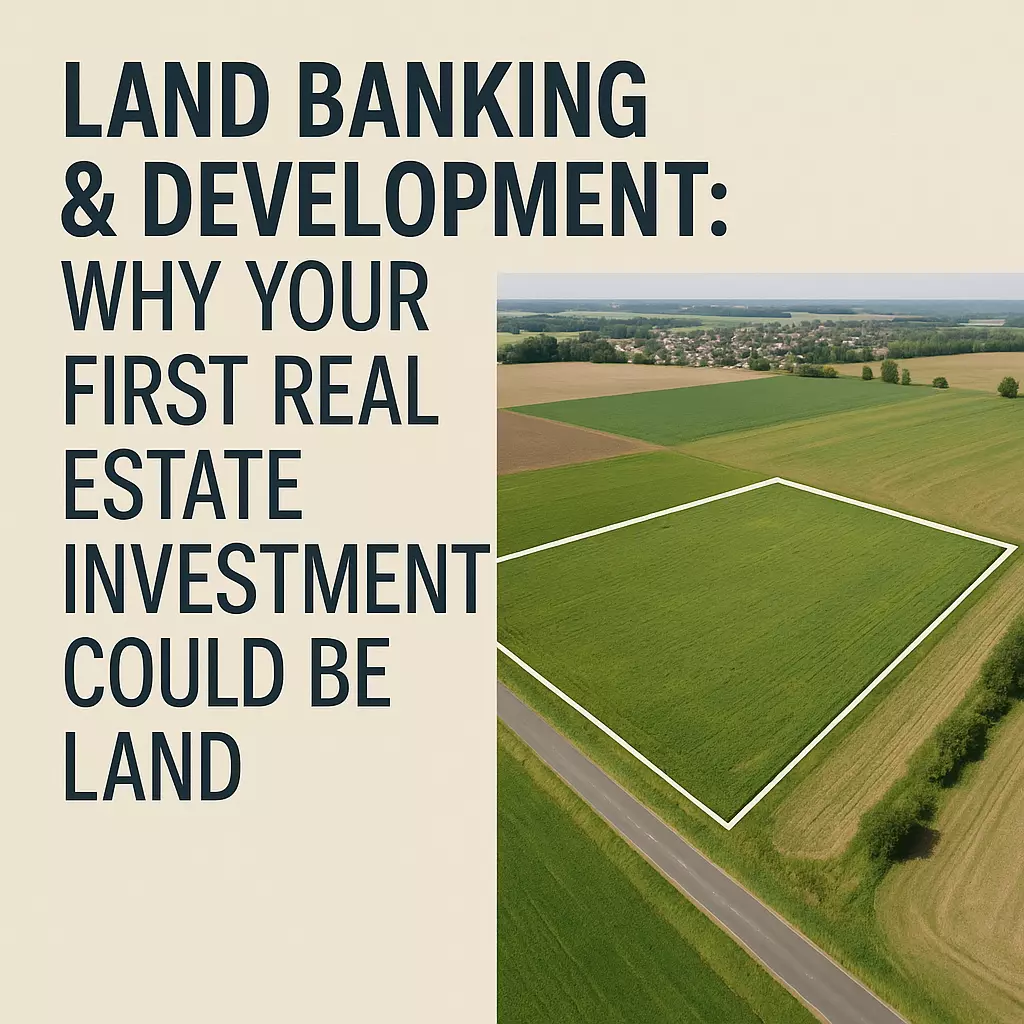
🌱 Land Banking & Development: Why Your First Real Estate Investment Could Be Land
When most people think of real estate investing, they picture rental homes or flipping houses. But what if the smartest first move is buying something that doesn’t even have a structure on it? Enter land banking—the often-overlooked but powerful strategy of investing in raw land with the potential for future growth, development, or resale.
What is Land Banking?
Land banking is the practice of buying and holding raw land with the intention of profiting from its appreciation or future development. It’s a long-term strategy used by investors, developers, and even hedge funds to build generational wealth. With the right zoning and planning, even a simple vacant parcel can become a high-yield asset.
💸 Financing Your Land Purchase
Surprisingly, land is often easier to buy than homes, especially when it comes to creative financing.
1. Cash Purchases
-
Many land parcels—especially rural, agricultural, or recreational lots—are affordable and can be bought outright.
-
Because land doesn’t always qualify for traditional home loans, cash purchases are common—and negotiating power increases when offering all cash.
2. Bank & Credit Union Land Loans
-
Regional banks and credit unions offer land-only loans, often requiring 25-50% down.
-
Terms vary, and some offer interest-only payments or balloon notes to allow time for development or resale.
3. Seller Financing
-
Roughly 40% of vacant land in the U.S. is owned free and clear, according to the U.S. Census and land industry reports.
-
This means seller financing is widely available, often with low down payments and flexible terms, especially for undeveloped properties.
🏗️ Developing Land: From Dirt to Dollars
Once you own the land, you're sitting on potential. Here’s how investors make it pay off:
1. Use Land as Collateral
-
Raw land can be used as equity for a construction loan if you plan to build a home, rental, or commercial property.
-
Many lenders will count land you own (especially if it’s free and clear) as the down payment for new construction financing.
2. Subdivide with a Surveyor
-
Work with a licensed land surveyor and your local planning commission to subdivide large parcels into smaller lots.
-
This strategy increases value and allows you to sell individual lots for profit, build on some while selling others, or partner with builders.
🌾 Land Use Options: More Than Just Dirt
Not all land is created equal. Understanding land zoning helps you choose a property that fits your strategy:
🌾 Agricultural Land
-
Ideal for homesteading, farming, leasing to local growers, or keeping livestock.
-
May qualify for reduced property taxes through greenbelt exemptions or farm-use designations.
🏢 Commercial Land
-
Typically more expensive but offers high returns when leased to businesses or developed for retail, office space, or multifamily housing.
-
Often located in growth corridors near highways or downtown cores.
🌲 Forestry & Timber Land
-
Purchase wooded acreage for timber harvesting, carbon credits, or recreational leasing.
-
Some investors also benefit from state forestry conservation programs with tax benefits.
🏕️ Recreational Land
-
Land for hunting, ATV trails, camping, or glamping.
-
Can be rented seasonally or improved into a vacation retreat, creating both cash flow and appreciation.
🌿 Bonus: Greenbelts & Tax Advantages
Owning land, especially agricultural or undeveloped parcels, can come with significant tax perks:
-
Greenbelt exemptions reduce assessed value, lowering property taxes for owners who maintain certain land use criteria.
-
Conservation easements and forestry management programs can further reduce tax burdens and preserve land value.
📈 Why Start With Land?
-
Lower entry price than developed properties
-
Minimal maintenance costs—no roof, plumbing, or tenants to worry about
-
Appreciates with urban growth and infrastructure expansion
-
Flexibility to build, lease, or sell on your own timeline
-
Access to seller financing without bank hurdles
Final Thoughts
Land banking and development might not have the instant flash of flipping houses, but for investors playing the long game, it can be a quiet powerhouse of wealth-building. Whether you’re looking to buy and hold, subdivide, lease, or build, raw land offers unmatched flexibility and upside.
📍Pro tip: Look for parcels near expanding cities, major roadways, or future development plans. When growth comes, you’ll already be sitting on prime ground.
Thinking about investing in land? Let’s talk strategy—from zoning to financing to building your dream investment portfolio from the ground up (literally).
Categories
- All Blogs (32)
- banking (7)
- building (1)
- buying (11)
- credit (4)
- development (1)
- finances (16)
- flipping (2)
- homebuyer (8)
- househacking (4)
- infinitebanking (1)
- insurance (1)
- investing (21)
- land (1)
- luxury (1)
- real estate (24)
- reit (1)
- renting (2)
- retirement (7)
- savings (3)
- secondhome (1)
- selfdirectedIRA (2)
- sellers (2)
- staging (1)
- taxes (1)
Recent Posts

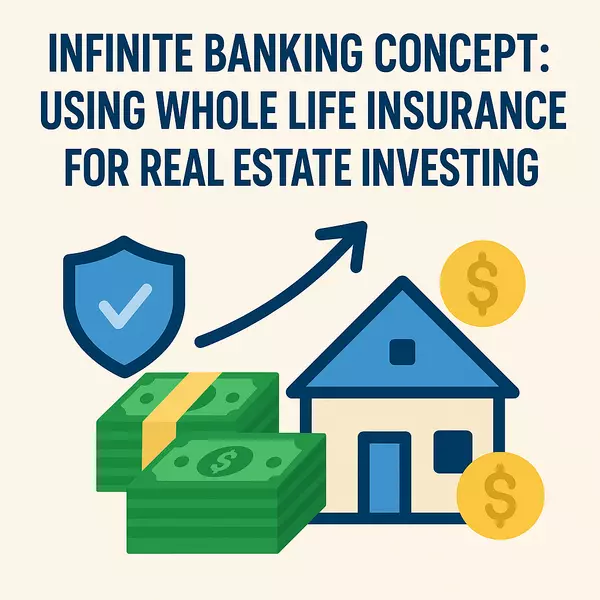
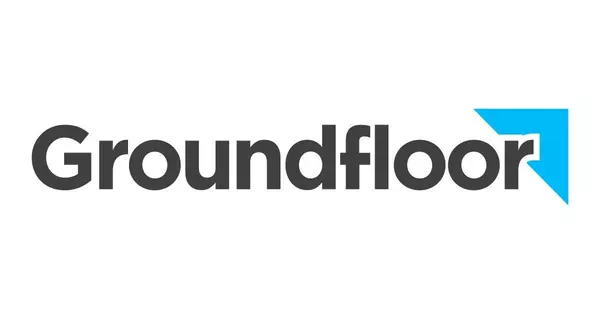
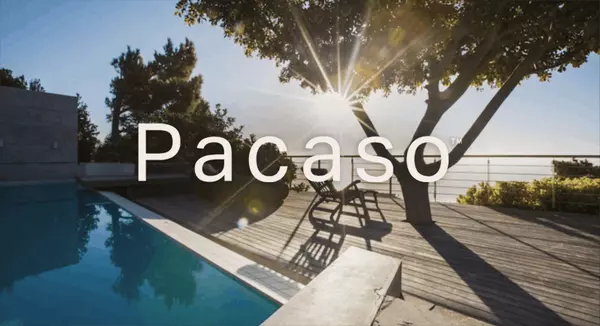
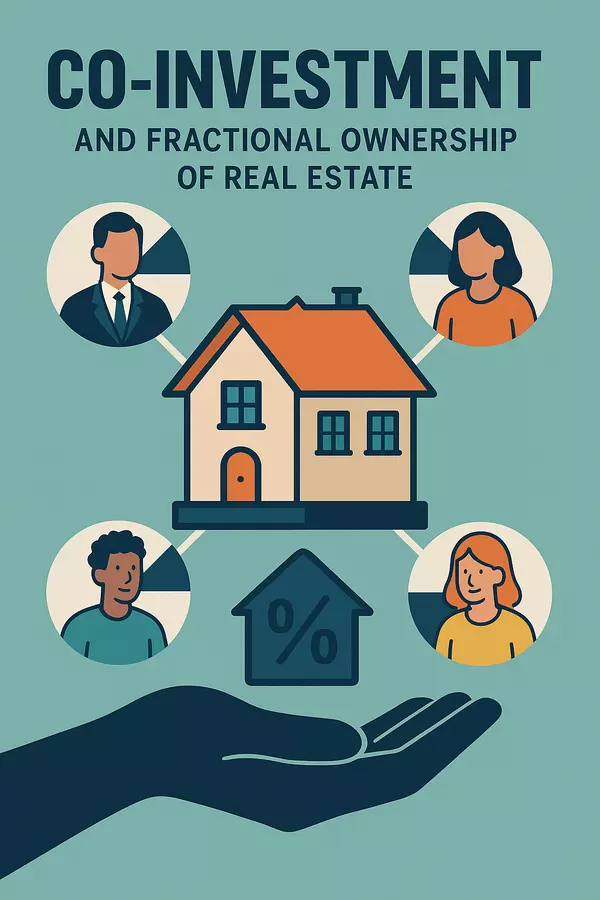
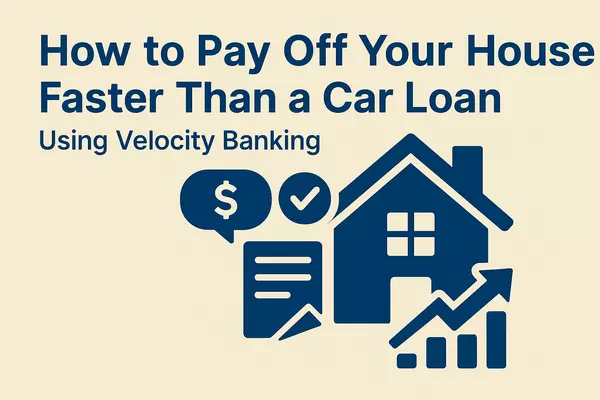
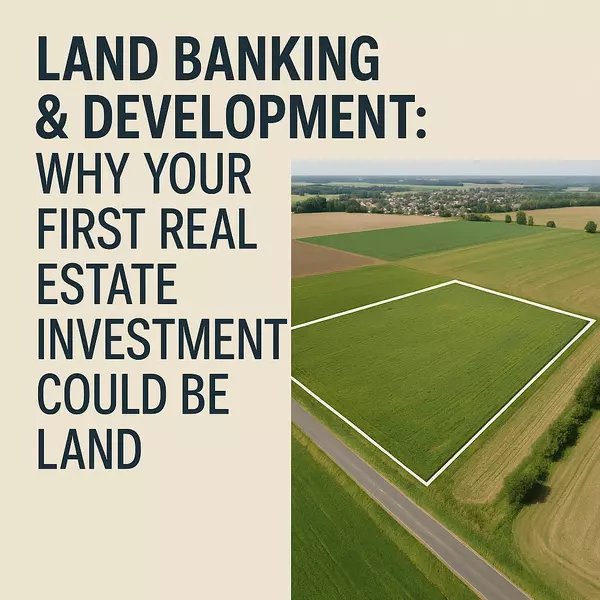
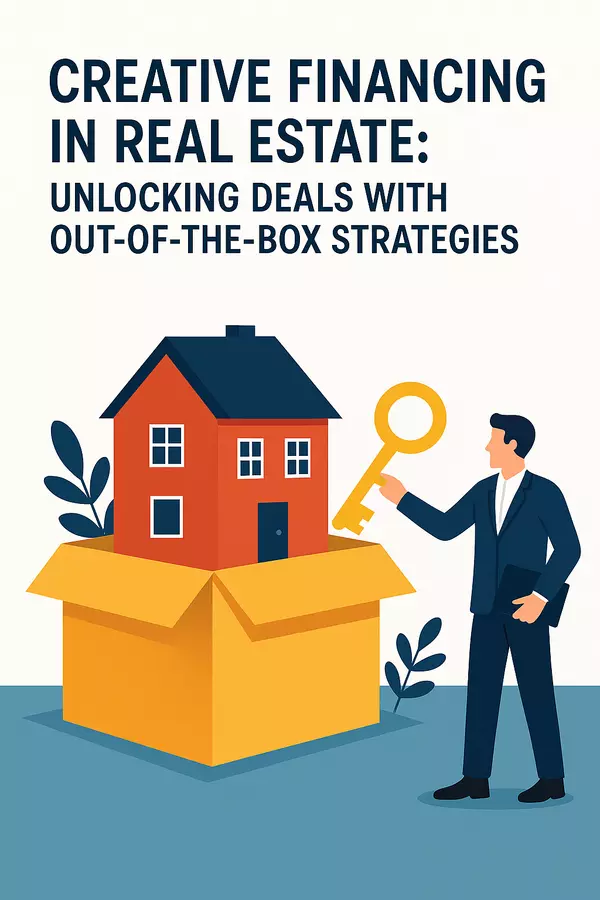
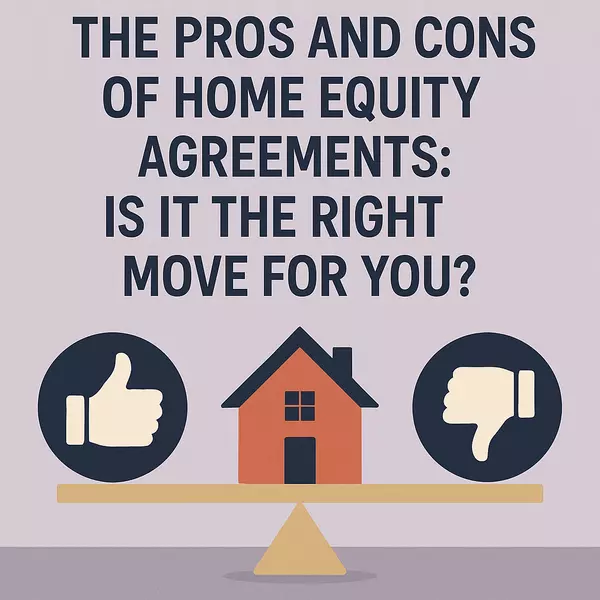
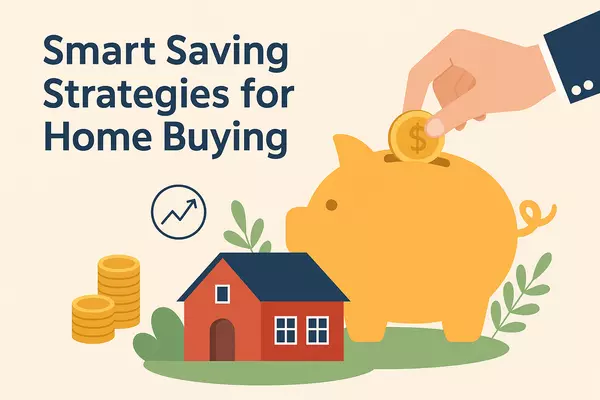
GET MORE INFORMATION

